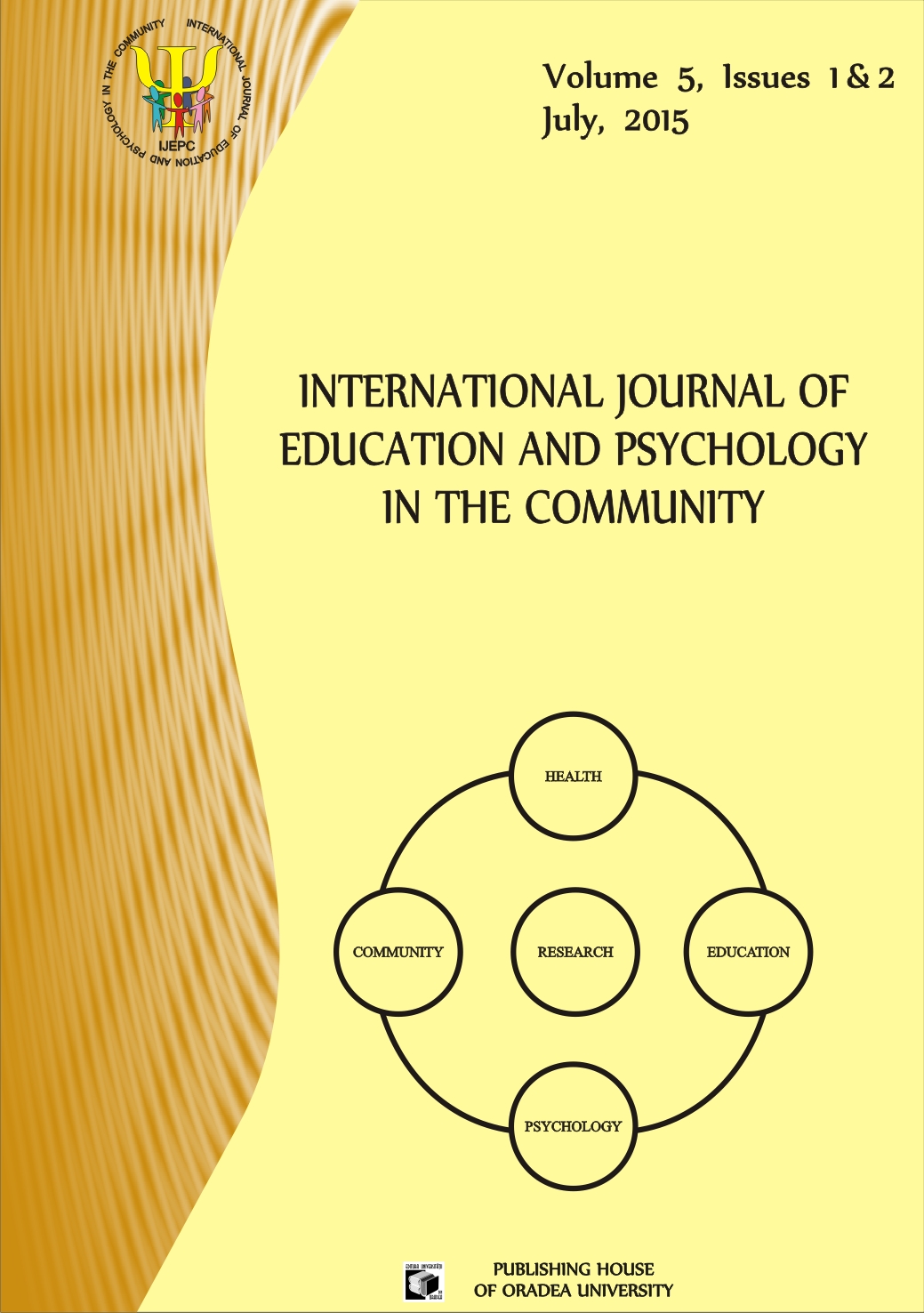Readiness grade. A way of organizing and achieving the educational process as viewed by teachers of multi-age grades
Readiness grade. A way of organizing and achieving the educational process as viewed by teachers of multi-age grades
Author(s): Carmen PopaSubject(s): Education
Published by: Editura Universitatii din Oradea
Keywords: multi-age grades; readiness grade; primary school teachers
Summary/Abstract: The aim of this study is to underline the attitude of primary school teachers that teach multi-age grades (N=144) towards the achievement of the educational process at readiness grade. The subjects were divided into two categories: teachers of multi-age grades, including readiness grade (N=80) and teachers of multi-age grades, without readiness grade (N=64). All research data are questionnaire-based; the items referring to the assessment of the educational process are centred on: the way of organizing the activities for readiness grade in school and on the principles guiding these activities. The findings were analysed with the chi-squared test and they reveal the significant differences at the level of difficulty assessed by the two groups of subjects in achieving the Alternative Teaching Strategies Principle and the Principle of Individualized Instruction Strategy. These are considered as easier to follow by a higher number of teachers that work with multi-age grades, including readiness grade, as compared to the teachers belonging to the other group of subjects. Both categories of subjects view the existence of readiness grade in school effective for the educational process, but also challenging.
Journal: International Journal of Education and Psychology in the Community (IJEPC)
- Issue Year: V/2015
- Issue No: 1&2
- Page Range: 31-41
- Page Count: 11
- Language: English
- Content File-PDF

